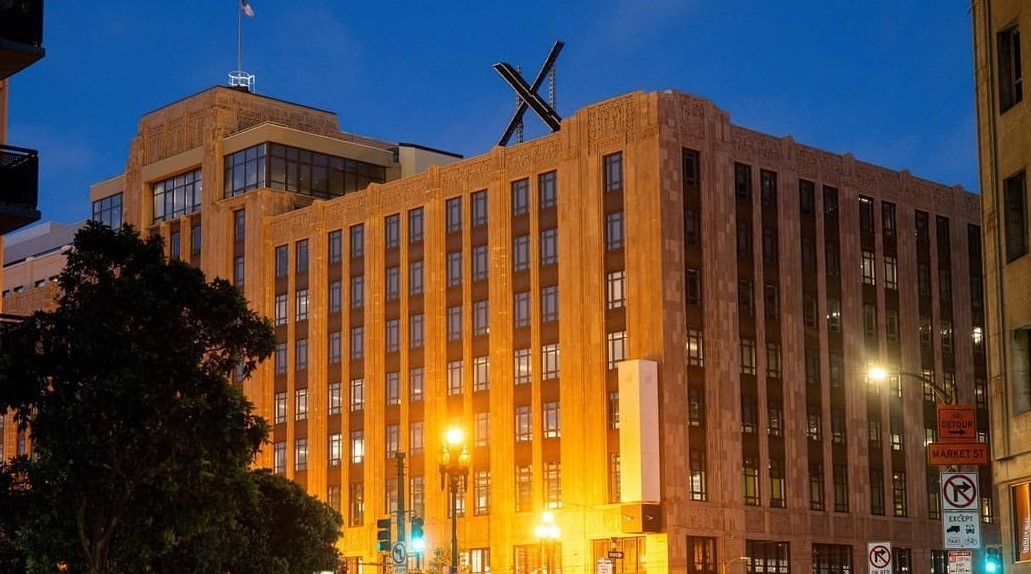
Many top UK scientists are calling for the current 14-day limit on embryo research to be doubled to 28-days, so they can study the unexplored secrets of early human development.
Lifting the ban could yield major scientific breakthroughs for infertility, miscarriage and birth defects - and it appears there could be public support.
Newly published fieldwork with 70 people, designed to hear diverse public views on the highly controversial topic, suggests the mood is favourable.
Part-funded by the government's independent UK Research and Innovation body along with the Wellcome Trust, the £100,000 project ran between May and July of this year, asking probing ethical and philosophical questions about the idea of stretching the limit.
The group behind the work - the Human Developmental Biology Initiative (HDBI) - say it is an important first step in a much longer debate that will inevitably be needed if the legal rules around embryo experiments are to be changed.
Organisations such as Right To Life UK and some religious groups strongly oppose doing medical experiments on human embryos.
Right To Life UK spokesperson, Catherine Robinson, said: "Human embryos should never be experimented on."
She accused the project of being a thinly veiled attempt to lobby for the removal of the 14-day limit - something the HDBI denies. It says the aim is to better understand public hopes and concerns around the regulation of research involving human embryos.
Prof Robin Lovell-Badge, HDBI Oversight group co-chair, senior group leader and head of the Laboratory of Stem Cell Biology and Developmental Genetics at the Francis Crick Institute, said: "When we think about 'are we able to change the law?' we have to be very careful. It's been this contract between society and researchers for a long time.
"The government will not do anything without public support... and this exercise suggests there might be [support]."
He stressed that no one is suggesting growing the embryos to make babies. Instead, it's about examining the earliest days and developmental processes of new life.
which dates back to 1990, was "always an arbitrary limit" or acceptable cut-off.
At the time there was a boom in lab studies into fertility treatments and early embryo development. Observing what happens can help understanding of what can go wrong.
The science has progressed considerably since then, pushing the boundary of how long a developing embryo could be viably kept alive in a dish for research purposes after fertilisation, if that were to be legally allowed.




